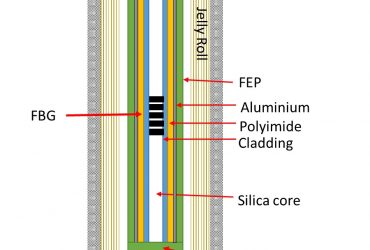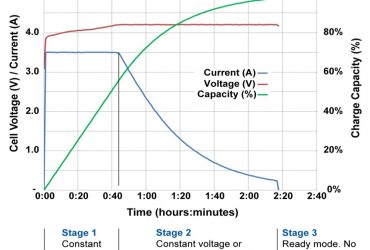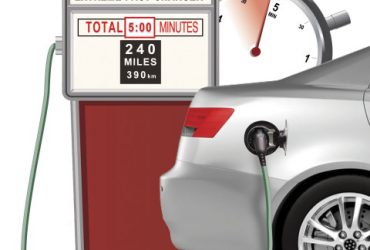Tag: battery charging
Sensor Technology Li-Ion Batteries can be Charged Five Times Faster
How Smart is Your Battery Charging?
Commentary contributed by Michele Windsor, Global Marketing Manager, Accutronics
In 1841, humans could expect to live to the ripe old age of 42 on average, depending on their gender. With significant improvements to medical knowledge and advancements in technology, this has now doubled and medical device manufacturers are under intense pressures to develop products for the aging population at a low cost, without jeopardizing quality. Read more about How Smart is Your Battery Charging? …
How to Charge Li-Ion with a Parasitic Load
Contributed commentary by Isidor Buchmann, CEO & Founder, Cadex Electronics Inc.
Charging a battery is simple but the complexity rises when a parasitic load is present during charge. Depending on battery chemistry, the charge process goes through several stages, and with lithium-ion Stage 1 consists of a constant current (CC) charge that brings the battery to roughly 70 percent state-of-charge (SoC). The cell reaches 4.20V/cell, a common voltage limit for Li-ion, after which Stage 2 continues by applying a constant voltage (CV) charge. The current begins to drop as the battery saturates. Full-charge is reached when the current decreases to typically 0.05C, which is one-twentieth of the rated ampere-hour. Li-ion cannot absorb overcharge and no charge is applied in Stage 3. Figure 1 illustrates typical voltage, current and capacity signatures of the CCCV charge. Read more about How to Charge Li-Ion with a Parasitic Load …
Enevate Announces Five-Minute Extreme Fast Charge Battery Technology for Electric Vehicles
Ultra-Fast Charging: Respecting the Limits of a Battery when Feeding
Content Contributed by Isidor Buchmann, CEO & Founder, Cadex Electronics, Inc.
Consumers demand faster charging times. Leading in this movement is the electric vehicle (EV) industry that strives for charge times similar to filling up a vehicle at a gas station. Pumping 50 liters (13 gallons) of fuel into a tank holds a calorific value of 600 kWh. The fill-up is quick. An EV battery, in comparison, only stores between 50 to 100 kWh of energy and charging takes a long time. Read more about Ultra-Fast Charging: Respecting the Limits of a Battery when Feeding …
Futuristic Trends in Battery Charging Technology
By Edward McMahon, CEO
Epec Engineered Technologies
Every day more and more of the things we use on a day-to-day basis use batteries. The global market for batteries in 2014 is $83 Billion, and according to research from The Fredonia Group, it will grow at a CAGR of 7.8 percent through 2019 as devices continue to proliferate. Rechargeable lithium-ion batteries make up the largest segment and market growth will be driven largely by hybrid and electric cars and batteries for electronic devices. Read more about Futuristic Trends in Battery Charging Technology …












